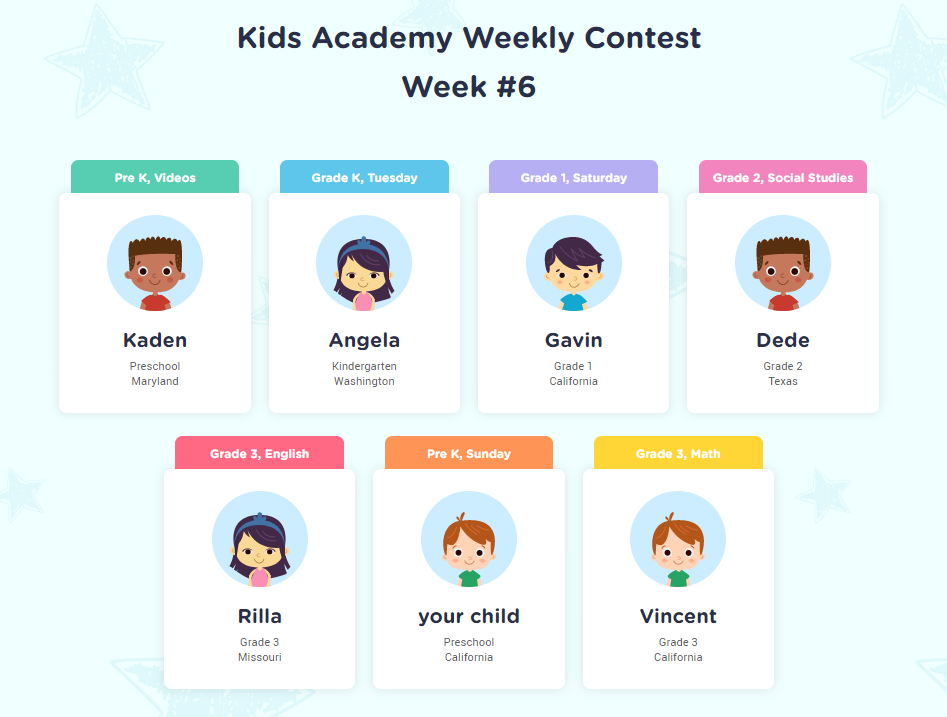Animal recognition Easy Worksheets for 4-Year-Olds
6 filtered results
-
From - To
Introduce your little ones to the magical world of animals with our fun and engaging "Animal Recognition Easy Worksheets for 4-Year-Olds." Perfectly designed to capture the curiosity of young learners, these worksheets make it easy for children to identify and learn about various animals through colorful pictures and simple activities. Each worksheet includes matching, tracing, and coloring tasks to enhance fine motor skills while reinforcing animal names and characteristics. Ideal for preschool homeschooling or supplementary practice, these captivating worksheets ensure a playful and educational experience that encourages a love for learning about animals.
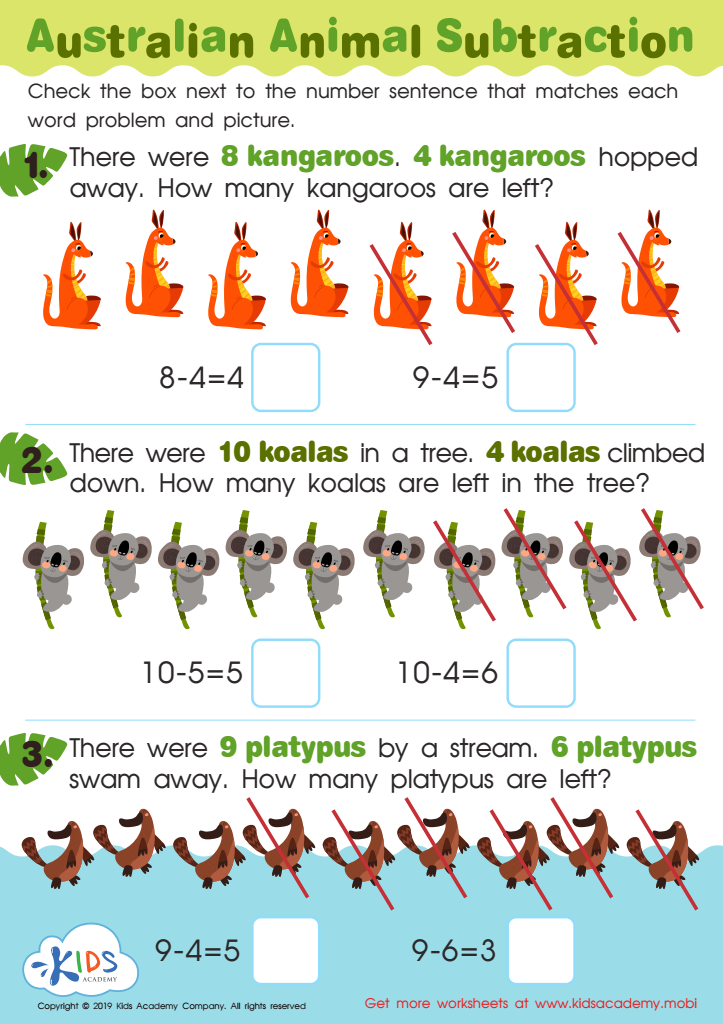

Australian Animal Subtraction Worksheet
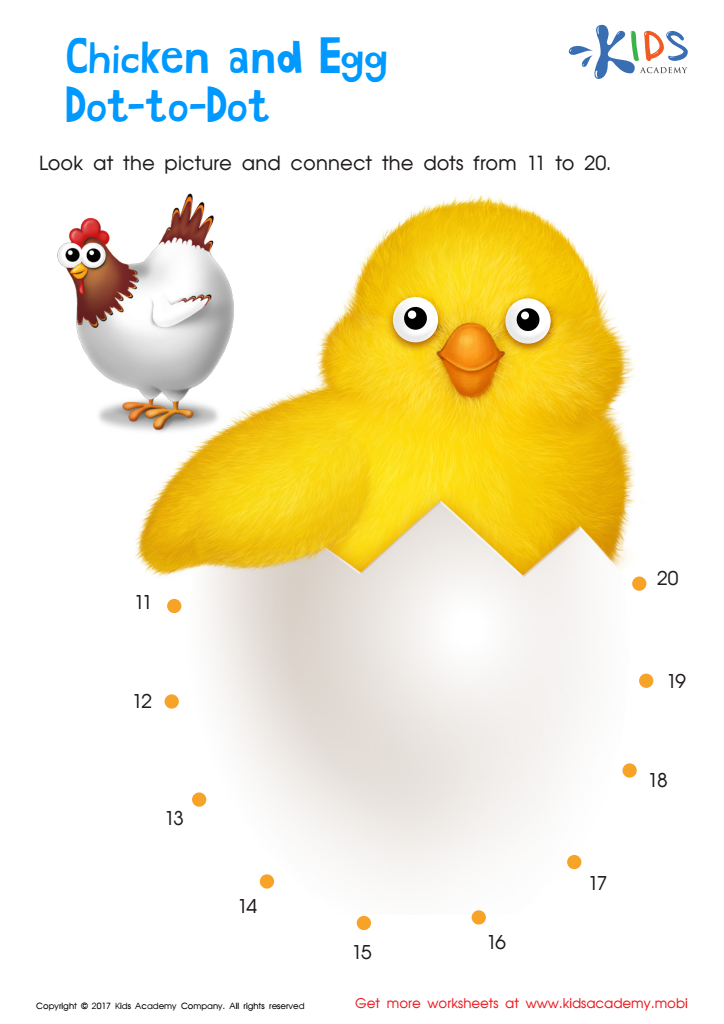

Ordering 11–20: Chicken & Egg Dot–to–dot Worksheet
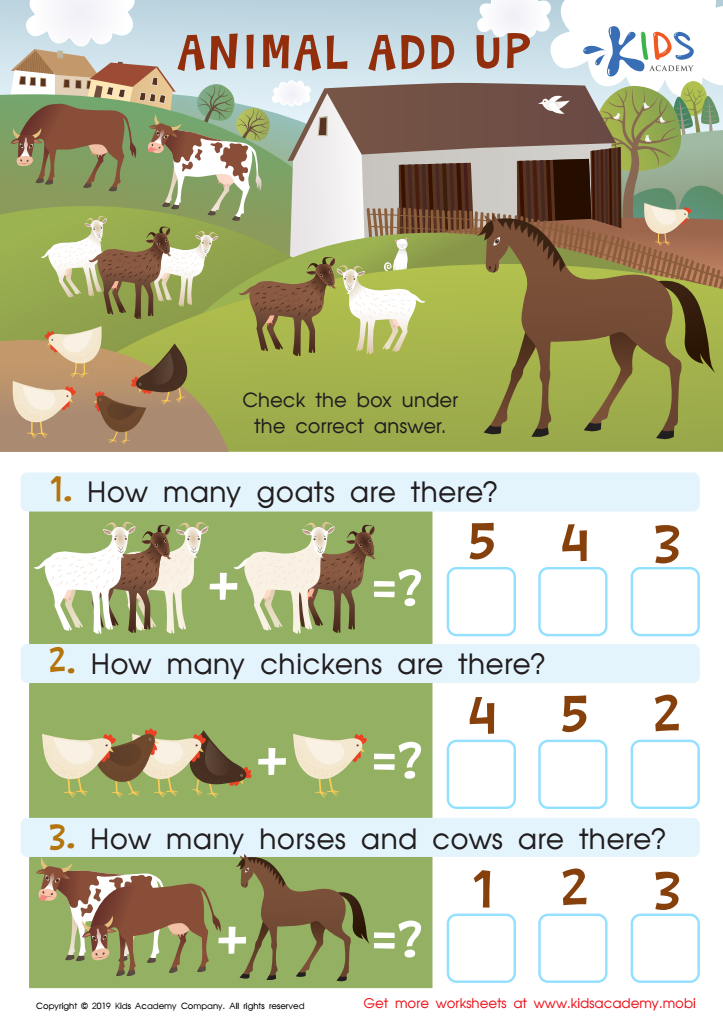

Animal Add Up Worksheet
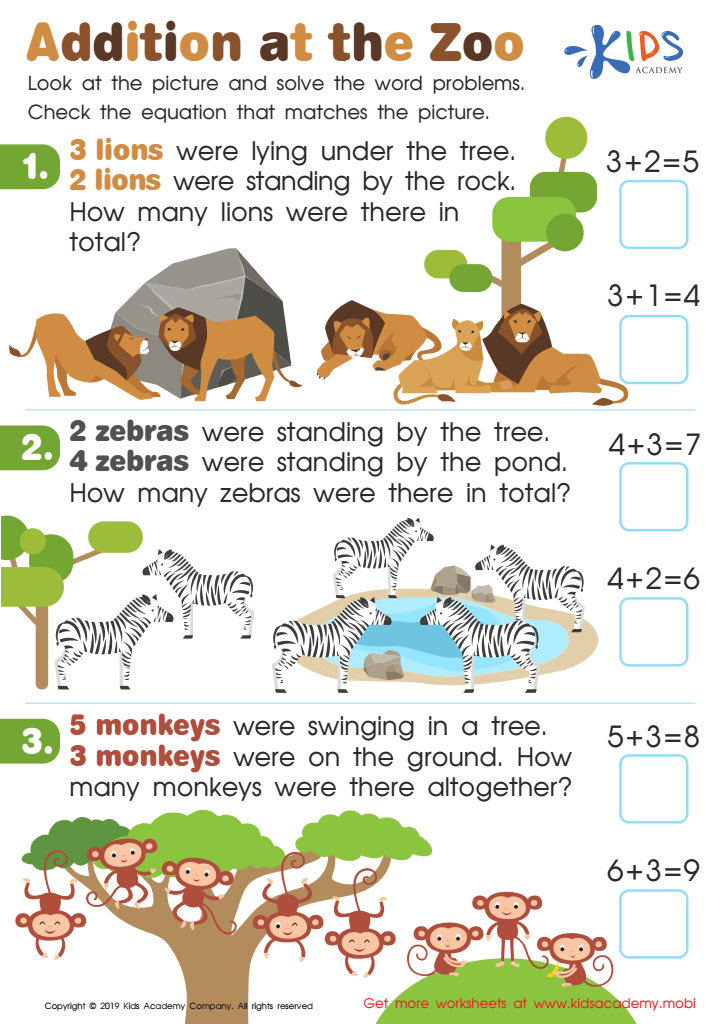

Addition at the Zoo Worksheet
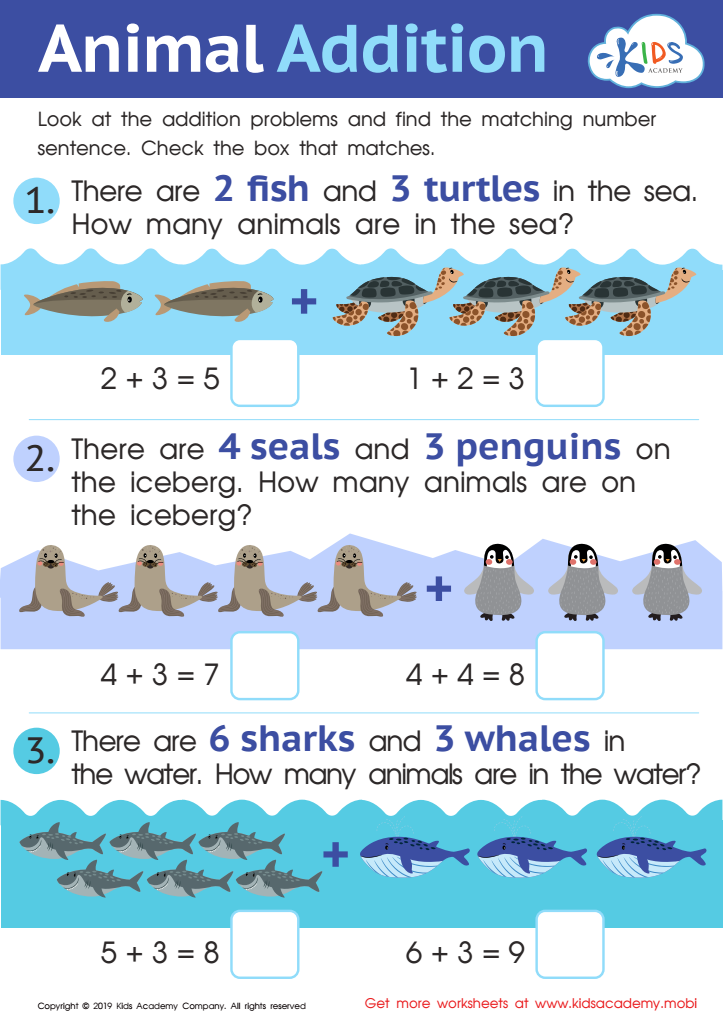

Animal Addition Worksheet
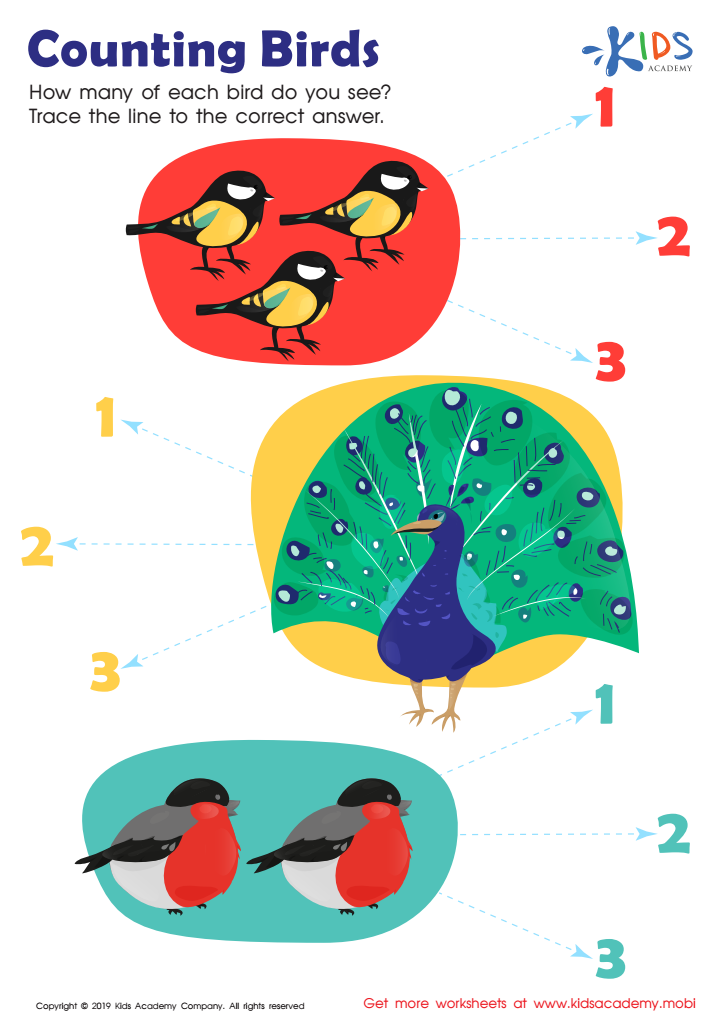

Counting Birds Worksheet
Animal recognition is an indispensable skill for 4-year-olds, and parents and teachers should prioritize this aspect of early learning for several compelling reasons. Firstly, recognizing animals helps young children develop their cognitive abilities. By identifying different species, children enhance their memory, attention to detail, and ability to categorize. These cognitive skills create a solid foundation for future learning in various subjects.
Secondly, learning about animals promotes language development. Naming animals and describing their characteristics enriches a child's vocabulary and helps improve their verbal communication skills. Moreover, animal recognition encourages curiosity and fosters a love for learning. When children show interest in animals, they naturally become more inclined to read books, ask questions, and explore the natural world, which further boosts their knowledge and comprehension skills.
Additionally, understanding animals instills a sense of empathy and respect for living creatures. Teaching children to recognize and appreciate wildlife can lead to a stronger appreciation for biodiversity and environmental conservation. Lastly, many learning activities involving animals include interactive, playful components, making the learning process enjoyable and engaging for young minds. Parents and teachers who focus on animal recognition provide essential cognitive, linguistic, emotional, and ethical benefits, nurturing well-rounded development.

 Assign to My Students
Assign to My Students





